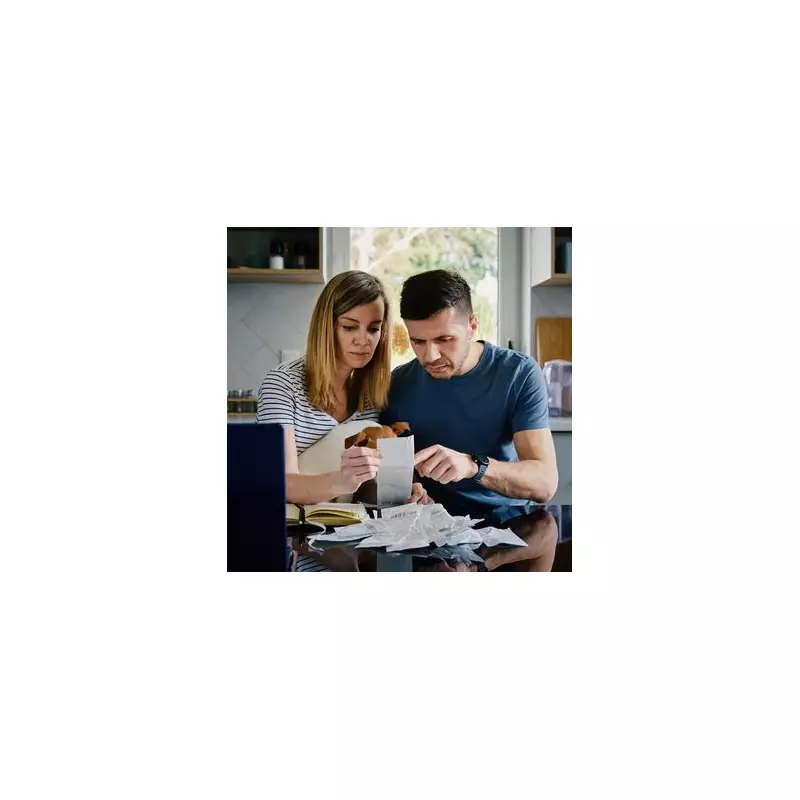
In a surprise twist, UK inflation climbed to 4% in December – up from November's 3.9% – as festive season price hikes on alcohol and tobacco offset falling food costs. The Office for National Statistics (ONS) revealed the unexpected increase, dashing hopes for a continued downward trend.
What's Driving the Price Surge?
The ONS highlighted three key factors behind December's inflation spike:
- Tobacco duty hikes: Chancellor Jeremy Hunt's autumn statement increases pushed cigarette prices up by 16% year-on-year
- Festive alcohol pricing: Pubs and restaurants boosted drink prices during the busy Christmas period
- Food inflation easing: Grocery prices rose at 8% annually – still painful but down from previous months
Bank of England's Dilemma
This unexpected inflation rise presents a headache for the Bank of England's Monetary Policy Committee as they prepare for their February meeting. While most economists expected rates to hold steady, this new data could force a rethink.
"The uptick in inflation shows the battle against price rises isn't over," warned Sarah Coles, head of personal finance at Hargreaves Lansdown. "With energy prices expected to fall in spring, we might see inflation drop again – but for now, household budgets remain under pressure."
What This Means for You
Despite December's increase, inflation remains well below October 2022's 41-year high of 11.1%. However, with prices still rising:
- Mortgage holders face continued uncertainty about future rate cuts
- Savers should shop around for accounts beating inflation
- Budget-conscious consumers must remain vigilant with spending
The next key inflation reading comes on February 14 – potentially delivering a Valentine's Day gift (or blow) to UK households depending on which way the numbers move.





